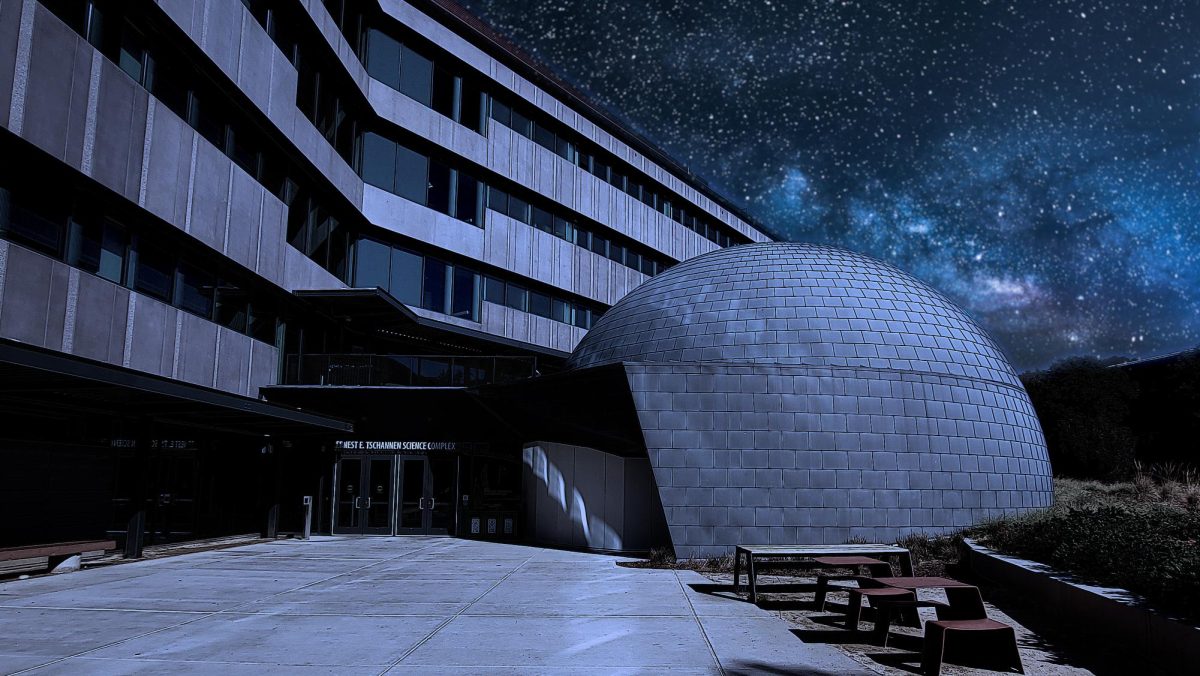Faculty Senate approves revisions, stagnant on CBA amendment and impactions issues
December 9, 2014
The Faculty Senate approved revisions to the General Education/Graduation Requirements Policies Committee’s standing rules and discussed supplemental admissions criteria and impacted programs on Thursday in the Foothill Suite at Sacramento State.
The revision to Charge E of the committee’s standing rules was approved after it was discussed and moved to a second reading during a meeting on Nov. 20.
“When we reviewed this what we felt it potentially required, and that the chair agreed, was that there are two references to the Associate Dean of Undergraduate Studies and that potentially this may solve the problem by eliminating the first reference,” said Reza Peigahi, Faculty Senate Chair.
Charge E originally stated: Proposes to the Associate Dean for Undergraduate Studies and reviews with the Associate Dean of Undergraduate Studies, research and research agendas relating aspects of G.E.
A charge establishes the responsibility of a committee.
The two items discussed during first reading dealt with impacted programs.
The College of Business Administration requested an amendment to its supplemental admissions criteria to include MGMT 10, which would add it to a list of lower division courses a student must complete before applying to the major program.
The additional course was approved in 2012 by the Senate but was mistakenly left out of the CBA supplemental application.
University policy states every college impaction request must be reviewed by the Senate before being recommended to administration for approval.
“The failure rate on this class is about 15 percent and one of the problems is that students will delay taking this until their last semester, so graduation can also be effected by this,” said Martha Wilson, senate representative from CBA. “So I think it’s the students who really would benefit by having this prior to applying to the College of Business.”
The Senate discussed CBA’s request for about 40 minutes without coming to an agreement.
“For me the concern is not the curricular change but the change to the supplemental admission criteria,” said Senate member Matt Schmidtlein. “It seems to me like these are two separate issues and just because there’s a curricular change doesn’t mean that necessarily the supplemental admission criteria for the impacted program must be changed as well.”
The issue was moved to second reading for the senate to continue discussion at its next meeting.
The last item of the meeting focused on a timeline for the impaction cycle.
“This is the Senate’s formal request for academic affairs to begin bringing all impacted programs into compliance with university policy,” Peigahi said.
By establishing a timeline the Senate would be designating a time period for university-wide impaction requests, reviews and applications.
“My concern in regard to this particular item on the agenda is not the item itself, it is the discussion that has surrounded the item about concerns regarding the policy for impaction programs,” said Senate member Cid Gunston-Parks.
Majors currently classified as impacted include: nursing, graphic design, business, criminal justice, psychology, interior design, health science and photography.
Anthony Sheppard, professor in the department of recreation, parks and tourism administration, and former faculty senate chair, helped write the university’s current impaction policy and said he shares many of the senate’s concerns.
“We have an impaction policy on this campus because I fought for it and I wrote probably 80-90 percent of the text for the first version that went through CPC,” he said. “All of the things that’ve been said here today are all of the things that went into a Senate task force that met for a year and rewrote that policy, and i’ll admit made far better than the one I largely authored.”
Unable to make a decision, the Senate left the issue to be discussed at a later meeting.
The next meeting is scheduled for Dec. 11 and will be located on the third floor of the University Union.



























































































































